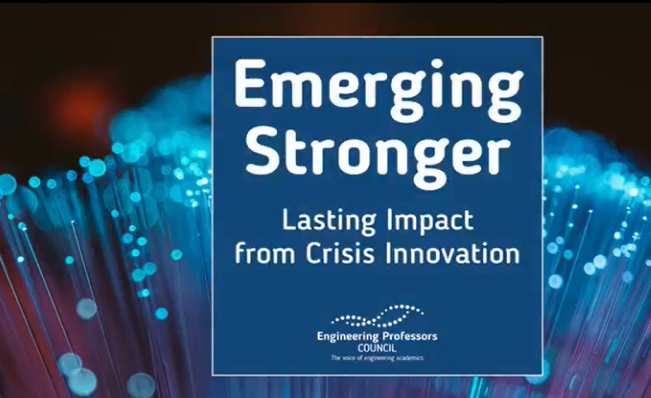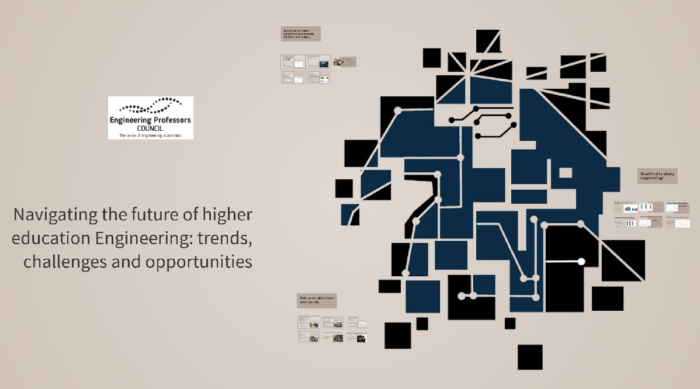At the start of 2020, no-one could have known what major changes lay just three months ahead for HE. Yet, here we are living through a pandemic, and in the midst of one of the most significant, challenging, and disruptive periods imaginable.
As COVID-19 hit, we all saw and delivered innovation, change, and resilience in colleagues and students of unprecedented scope, on an unprecedented scale, and at unprecedented speed. What was striking about these changes was the apparent loss of perceived barriers that had previously hindered innovation. COVID-19 provided a new freedom for us all to try new ideas and do things differently, and a catalyst for everyone to do so: the status quo no longer existed to be maintained.
An obvious question quickly arose: what value might there be in the longer term retention of some of these new approaches, beyond the immediate crisis? Some benefits seemed immediately apparent – for example, open-book assessment prompted a shift to more authentic questions of application rather than simple recall of knowledge; digital delivery of lectures enabled students to choose the pace and place of their learning with greater flexibility; and students’ employability was enhanced through developing skills in collaboration across space and time. There were, of course, challenges, too: How do we develop practical skills in students at a distance? How can students gain workplace experience in the absence of internships? How do we maintain academic standards in remote assessments?
To explore these questions, we launched a series of webinars – Engineering Education: Lasting Impact from Crisis Innovation – through our Pioneering Programmes and Practice in Engineering Education Advance HE Connect network. Across six weeks, we brought together over 250 educators and practitioners to share ideas and discover how the sector was responding. We explored assessment; collaboration and professional skills; remote laboratory work and practical skill development; employability; and student partnership in learning design. In the sixth week, eight invited contributions from across the sector showcased emerging good practice.
We were encouraged to see so many positive innovations, and the creativity of our community in keeping the show on the road, with determination to deliver positive learning outcomes for students. Emerging Stronger: Lasting Impact from Crisis Innovation – published today by the EPC – celebrates this work, sharing the thinking and discussion that we explored together. It adds further examples of emerging good practice in case studies from colleagues across the sector, and students’ perspectives on the changes to their learning experience.
We hope that Emerging Stronger will provide inspiration, guidance – indeed, reassurance – to colleagues as we now face the challenge, over summer 2020, of planning for the start of the new academic year with online or blended approaches to learning and teaching. We encourage you to capture your own stories of innovation, and to reflect on the benefits and challenges that arise.




